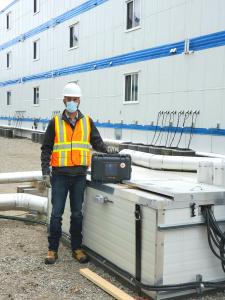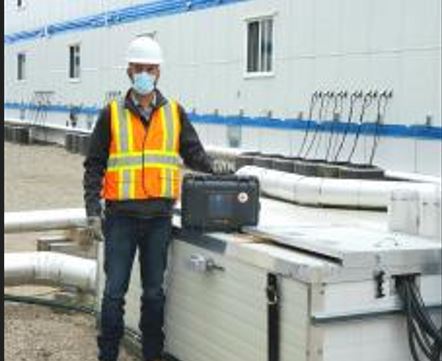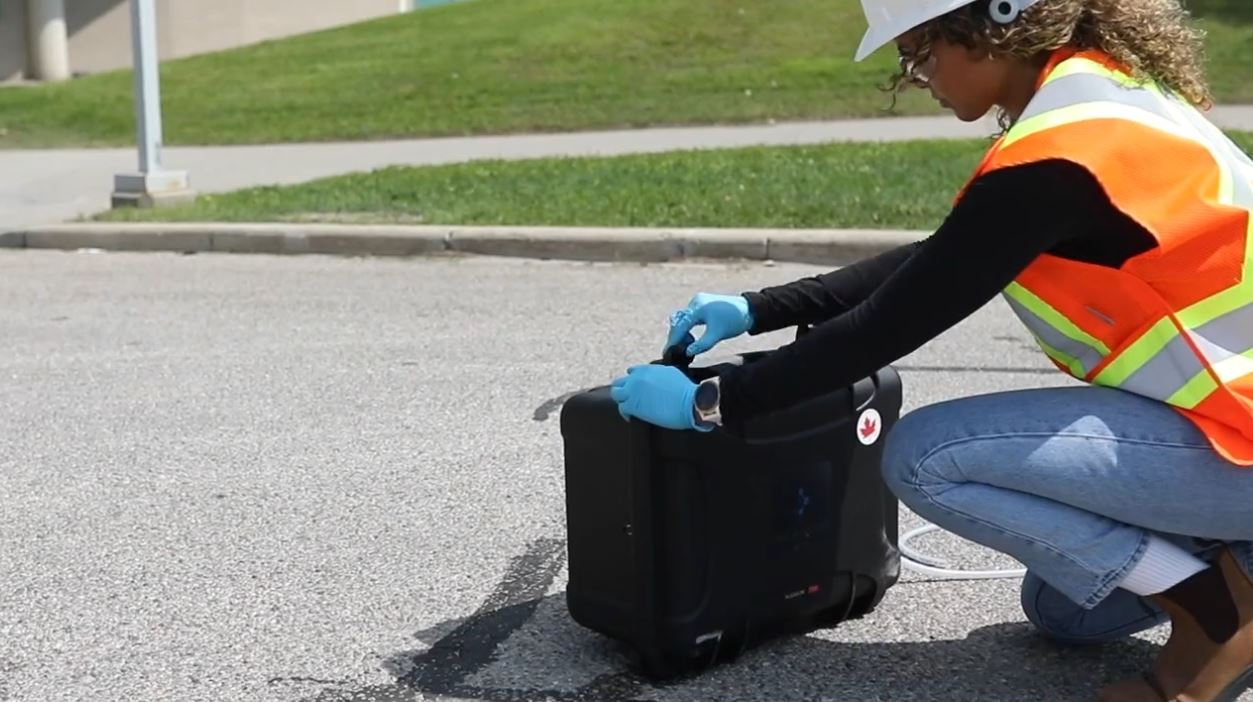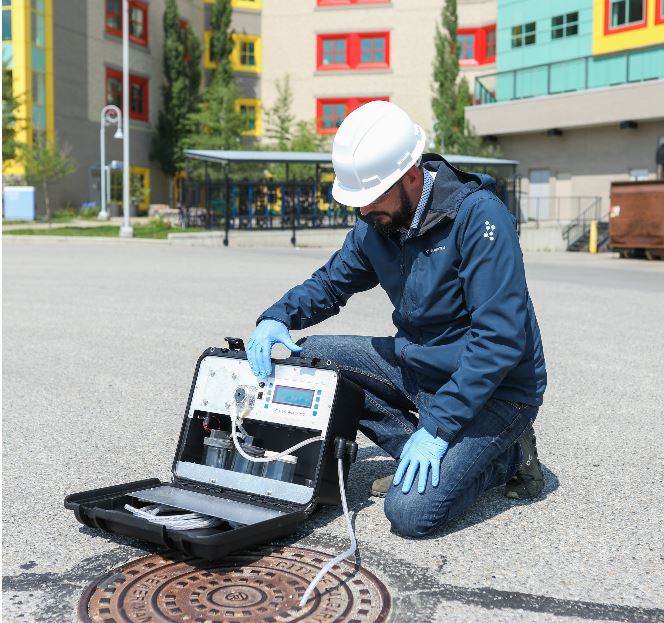

Therefore, it's crucial to incorporate climate change mitigation strategies into our water management plans to ensure the ongoing supply of clean, safe water. Analytics, we're committed to ensuring Environmental impact water studies's water safety.
It's a complex system that works day in, day out, to guarantee the quality of our water.
| Entity Name | Description | Source |
|---|---|---|
| Sewage treatment | The process of removing contaminants from wastewater, primarily from household sewage. | Source |
| Safe Drinking Water Act | A U.S. law aimed at ensuring safe drinking water for the public. | Source |
| Test method | A procedure used to determine the quality, performance, or characteristics of a product or process. | Source |
| Escherichia coli | A bacterium commonly found in the intestines of humans and animals, some strains of which can cause illness. | Source |
| Environmental health officer | A professional responsible for monitoring and enforcing public health and safety regulations. | Source |
These examples demonstrate the vital role C. E. We've made it our mission to make water testing accessible and understandable to all. Analytics in ensuring safe drinking water. This will drive us to continually improve, raising the bar for water testing standards.
C. Analytics is our eyes on the water, their work pivotal to our well-being. As we delve into the case studies of C. C. pinpointed a previously undetected contaminant.
And we all want to know that the water we're using is clean, safe, and healthy. E. Groundwater assessment C. Emerging contaminants in water analysis E.
Next up is Biochemical Oxygen Demand (BOD), a test that measures the amount of oxygen needed to break down organic material in water. Through our comprehensive reports, we shed light on the quality of your water and the potential health risks associated. We're proud of the crucial role we play in preserving Environmental impact water studies's precious water resources. Diverse geographical features and climatic conditions complicate the task.


In rural areas, outdated infrastructure and lack of access to advanced technologies hinder effective water quality management. In the world of water testing, speed is just as vital as accuracy. Our reports are comprehensive, clear, and easy to understand. Analytics. C.
Our dedicated team is also focused on expanding our reach, aiming to make advanced water analysis accessible in every corner of Environmental impact water studies. E. Tech advancements, particularly in artificial intelligence and big data, present an exciting landscape for us. Although it may seem daunting, we at C.
Their team of experts uses state-of-the-art technology to deliver accurate assessments. Our tech is designed to be user-friendly and efficient, reducing the need for lengthy training periods or the hiring of additional staff. While water quality monitoring is key to preserving our environment and health, it's not without its challenges. Analytics employs sophisticated techniques to analyze water samples from various sources. Explore more Environmental impact water studies tap this
Stay tuned for our next section where we'll explore specific case studies. Clean Water Act compliance testing Analytics, and we can't wait to push the boundaries of what's possible in water testing. These are just a few examples of the work we've been doing. C.
We're investing in research and development to enhance our testing methods and equipment. Understanding your water test results, especially when advanced technology is involved, can seem daunting. We're committed to explaining these findings in a way you can understand. They're not just revolutionizing water testing in Environmental impact water studies-they're promoting safety, enhancing public health, and empowering us with knowledge about our water.
We're dedicated to ensuring you're not just aware, but also well-informed and confident in your water safety. We assess physical properties like temperature, colour, and turbidity. Analytics promise.
Some areas, like the Prairie Provinces, are arid and rely heavily on groundwater. EPA water quality standards As for the AI, it's designed to interpret sensor data and flag any potential issues immediately. They'll enable us to improve our services, heighten accuracy, and speed up our testing processes.


C. And we're just getting started. Analytics' water analysis, let's keep it simple, yet intriguing. E. Let's promote education and awareness about water conservation at all levels of society.
Analytics isn't. This isn't just about keeping us safe-it's about protecting our ecosystems too. Additionally, we provide a detailed report explaining the results, so you're not left guessing. In our quest for maintaining high-quality water, a key player emerges: C. Acid rain effects on water bodies Instead, it involves meticulous examination of various water parameters, such as pH level, hardness, and presence of contaminants.
We'll guide you through the process to ensure the sample is collected correctly. We're anticipating new technologies that will make testing faster, more accurate, and more accessible. Stay tuned for the continuing developments in their water testing technology, and remember, understanding your water is key to ensuring its safety. Although it may seem complex, understanding C.
By harnessing nanotechnology and big data, we're providing you with the most accurate results in record time. To ensure the purity of our water, we at C. We're not only purifying water but also ensuring it's safe for ecosystems. This means you'll know exactly how much of any given contaminant is present.

Sampling may refer to:
Specific types of sampling include:
| Part of a series on |
| Pollution |
|---|

|
Wastewater (or waste water) is water generated after the use of freshwater, raw water, drinking water or saline water in a variety of deliberate applications or processes.[1]: 1 Another definition of wastewater is "Used water from any combination of domestic, industrial, commercial or agricultural activities, surface runoff / storm water, and any sewer inflow or sewer infiltration".[2]: 175 In everyday usage, wastewater is commonly a synonym for sewage (also called domestic wastewater or municipal wastewater), which is wastewater that is produced by a community of people.
As a generic term, wastewater may also describe water containing contaminants accumulated in other settings, such as:
Yes, we've found that regions with heavy industrial activity, like Alberta's Oil Sands, are more affected by water pollution. It's crucial we work together to address these regional differences in water quality.
We're often asked about the duration of our water analysis. Typically, it takes about 7-10 business days for us to fully analyze your water sample and provide you with comprehensive results.
Yes, we certainly do! We're thrilled to offer our advanced water analysis services to individual households across Canada. It's our mission to ensure everyone has access to safe, clean water in their homes.